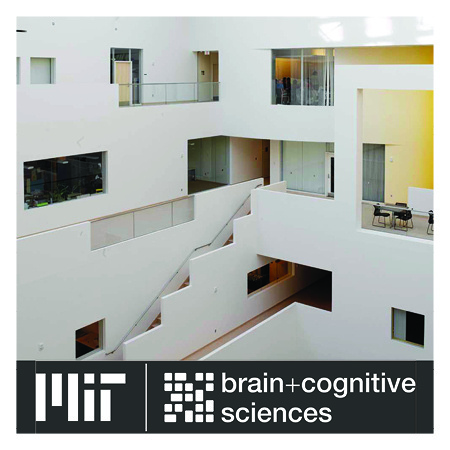
Andres Campero Thesis Defense: Combining Diverse Forms of Human and Machine Intelligence
Description
Andres Campero
Advisors: Joshua Tenenbaum and Thomas Malone
Abstract: Artificial Intelligence algorithms never operate in isolation but are always part of broader processes that often involve humans, other computer algorithms, incentive structures, and interfaces which modulate the interaction between them. This the-sis takes this perspective and considers these broader processes by studying specific combinations of three forms of intelligence: symbolic artificial intelligence, neural artificial intelligence, and human intelligence. First, diverse forms of Neuro-Symbolic AI through three pipelines consisting respectively of neural perception with symbolic reasoning, symbolic inputs with neural reasoning, and a dual-integration that learns representations which are simultaneously symbolic and neural (Chapter 2); second, the AI research community as a Human-Symbolic combination through the presentation of a taxonomy of AI models, tasks and datasets (Chapter 3); and third, a specific form of Human-AI Superintelligence observing that a human in combination with GPT3 can perform an HTML code generation task better than either humans or computers alone (Chapter 4).
Zoom: https://mit.zoom.us/j/96986682187?pwd=UWhVSWZuMDVCYmJ0WGF6Z2NIUFpmZz09
Passcode: thesis

